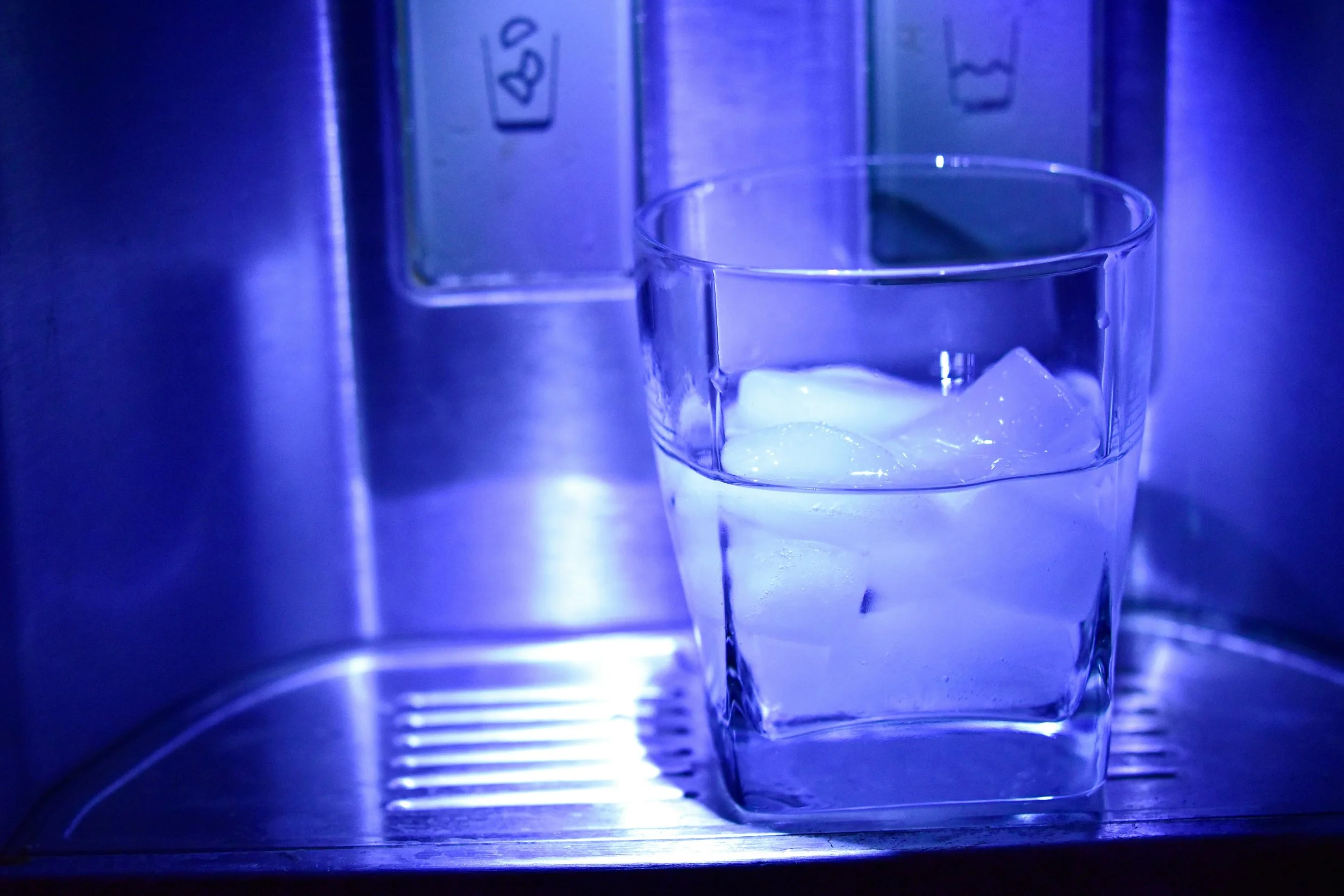Tooth sensitivity is a common dental issue that affects people of all ages. If you’ve ever winced while enjoying a hot cup of coffee or felt a jolt of pain when biting into ice cream, you’re not alone.
For many, these fleeting moments of discomfort are occasional nuisances. For others, they signal an ongoing problem that interferes with daily life. Tooth sensitivity can develop gradually or appear suddenly, and its underlying causes aren’t always obvious.
Although it’s often linked to worn enamel or exposed roots, the full picture is more complex. Actors like dietary habits, brushing techniques, and underlying medical conditions can all play a role.
Recognizing the early signs of sensitivity and understanding what causes tooth sensitivity can empower you to take proactive steps, both at home and with the help of your dentist, to keep your smile comfortable and healthy.
Essential Insights for Sensitive Smiles
-
Common triggers for tooth sensitivity
-
How enamel erosion and gum recession play a role
-
Specific insights into what causes tooth sensitivity to cold
-
When to see a dentist near Sturgis
-
Ways to prevent and treat sensitivity at home and professionally
Daily Habits That Can Trigger Tooth Sensitivity
Several everyday actions may be contributing to your dental discomfort. Brushing too hard or using a hard-bristled toothbrush can wear down enamel, exposing the sensitive dentin layer beneath. Over time, this makes your teeth more vulnerable to external stimuli like hot, cold, or sweet foods.
Diet also plays a significant role. Acidic foods and drinks such as citrus fruits, soda, and wine can erode enamel, increasing sensitivity. Even frequent snacking on sugary items can contribute to enamel wear and gum irritation.
Enamel Erosion: A Key Factor
Enamel is the protective outer layer of your teeth, and once it wears away, it doesn’t regenerate. Enamel erosion is one of the primary culprits behind tooth sensitivity because it directly exposes the inner parts of your tooth to outside stimuli. When enamel deteriorates, it compromises your tooth’s natural defense against hot, cold, acidic, or sweet substances.
Several common lifestyle and health factors can contribute to enamel loss, including:
Acidic foods and beverages
Regular consumption of citrus fruits, carbonated drinks, wine, and vinegar-based products can gradually soften and wear away enamel. This process is called dental erosion and often occurs without immediate symptoms until sensitivity becomes noticeable.
Acid reflux disease (GERD)
Stomach acid traveling up into the mouth can lead to enamel damage, especially if reflux is chronic and unmanaged. The acids from the stomach are highly erosive and can affect not only tooth enamel but also overall oral health.
Frequent vomiting
The acid exposure from repeated vomiting introduces strong gastric acids to the mouth, which rapidly erode enamel. People with chronic gastrointestinal conditions are particularly at risk and should work closely with both medical and dental professionals for support.
Aggressive tooth brushing
Using a hard-bristled toothbrush or applying excessive force while brushing can physically wear down enamel over time. It also contributes to gum recession, compounding sensitivity issues.
When enamel thins or erodes, the underlying dentin layer becomes exposed. Dentin contains tiny tubules that connect to the tooth’s nerve center. These tubules act like direct channels, transmitting sensations, especially temperature changes or pressure, to the nerves, resulting in the sharp, sudden pain commonly associated with sensitive teeth.
Understanding enamel erosion is crucial for prevention. Identifying the habits or health conditions contributing to it can help you make changes that protect your enamel and reduce sensitivity in the long run.
Gum Recession and Tooth Sensitivity
Gum recession happens when the gum tissue pulls away from the teeth, often as a result of periodontal disease or poor brushing technique. As gums recede, they expose the root surface of the tooth, which lacks enamel and is much more sensitive.
This condition is more common in adults over 40 but can appear earlier with improper dental care. Routine visits to your local dental provider can help monitor gum health and catch early signs of recession.
What Causes Tooth Sensitivity to Cold Specifically?

Sensitivity to cold is one of the most common complaints related to dental discomfort. But what causes tooth sensitivity to cold in particular? Typically, it stems from exposed dentin or tooth roots that respond to temperature changes. When cold air or liquid contacts these sensitive areas, the nerve inside the tooth reacts, causing pain.
Cracked teeth or old, leaking dental fillings can also lead to cold sensitivity by allowing cold to penetrate deeper into the tooth structure. Identifying these underlying issues requires a professional evaluation.
Other Contributing Factors to Sensitivity
In addition to enamel wear and gum issues, other less obvious causes of sensitivity include:
Tooth grinding (bruxism)
This can wear down enamel and create micro-fractures.
Whitening treatments
Both over-the-counter and professional whitening products can temporarily increase sensitivity.
Recent dental procedures
Fillings, crowns, or cleanings can sometimes lead to short-term sensitivity.
When to Seek Professional Help
While occasional sensitivity isn’t always a cause for alarm, persistent pain should not be ignored. If sensitivity lasts more than a few days or worsens, it’s time to see a professional for an assessment.
Your dentist may recommend treatments such as:
-
Desensitizing toothpaste
-
Fluoride applications
-
Dental bonding
-
Gum grafts (for receding gums)
-
Mouth guards (for teeth grinding)
Preventing Tooth Sensitivity
The best approach is prevention. Consider these tips to protect your enamel and gums:
-
Use a soft-bristled toothbrush and gentle pressure
-
Choose toothpaste designed for sensitive teeth
-
Limit acidic and sugary foods
-
Drink plenty of water, especially after meals
-
Visit your dentist near Sturgis regularly for cleanings and check-ups
Final Thoughts: Don’t Let Sensitivity Go Unchecked
Knowing what causes tooth sensitivity can empower you to take better care of your teeth and gums. Whether your discomfort is mild or severe, understanding the triggers and solutions can help you make informed decisions. If your symptoms persist or worsen, consult your dental care provider to explore treatment options tailored to your needs.
With the right care and preventive habits, you can enjoy your favorite foods and drinks without discomfort.
References – What Causes Tooth Sensitivity?
-
American Dental Association (ADA). “Tooth Sensitivity.” https://www.mouthhealthy.org
-
Cleveland Clinic. “Tooth Sensitivity.” https://my.clevelandclinic.org
-
National Institute of Dental and Craniofacial Research. “Dental Erosion.” https://www.nidcr.nih.gov
